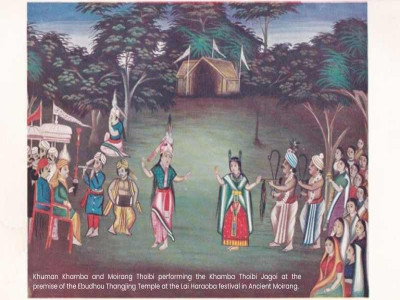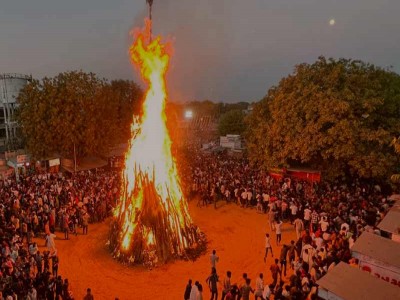
Pope Leo XIV: The First American Pontiff and a Shepherd for a Global Church
0 Like
0.0
In a historic moment for the Catholic Church, Cardinal Robert Francis Prevost has been elected as Pope Leo XIV, becoming the first pope from the United States. Born on September 14, 1955, in Chicago, Illinois, Pope Leo XIV brings a unique blend of American roots, Latin American missionary service, and Vatican leadership to the papacy.
Humble Beginnings in Chicago
Robert Prevost was born into a devout Catholic family in Chicago. His parents, Robert F. Prevost Sr. and Marjorie Prevost, raised him with strong faith and values that would shape his vocation. He grew up in a working-class neighborhood and was inspired early on by the community-oriented spirit of the Church.
He attended local schools before pursuing higher education at Villanova University in Pennsylvania, where he earned a bachelor’s degree in mathematics. His academic path then took a spiritual turn as he entered religious life with the Order of Saint Augustine, a global Catholic order rooted in the teachings of St. Augustine.
A Scholar and Missionary
After joining the Augustinians, Prevost completed his theological studies at the Catholic Theological Union in Chicago, and later moved to Rome to study canon law at the Pontifical University of St. Thomas Aquinas (Angelicum). Armed with deep academic and spiritual training, he was ordained a priest in 1982.
His calling led him to Peru, where he served as a missionary for over a decade in the city of Trujillo. He later became bishop of Chiclayo, serving the Peruvian people with compassion and humility from 2014 to 2023. In recognition of his enduring bond with the country, he became a Peruvian citizen in 2015, making him a dual national.
Vatican Leadership and a Global Perspective
Prevost’s deep experience abroad and his pastoral wisdom drew the admiration of Pope Francis, who appointed him as the Prefect of the Dicastery for Bishops, one of the Vatican’s most powerful offices responsible for appointing bishops worldwide. He also served as President of the Pontifical Commission for Latin America.
His reputation in Rome was that of a “quiet force” - a leader known for balance, clarity, and inclusiveness. Colleagues described him as calm, deeply thoughtful, and committed to dialogue rather than division.
A Pope Grounded in Humility
As a lifelong member of the Augustinian order, Pope Leo XIV often refers to himself as a “son of St. Augustine.” In his first public remarks from St. Peter’s Square, he quoted the saint’s words: “For you, I am a bishop; with you, I am a Christian.” This spirit of shared humility and unity continues to define his pastoral style.
Choosing the name Leo is a deliberate nod to Pope Leo XIII, who was known for his advocacy for workers and the poor. In doing so, Pope Leo XIV signals a continuation of social justice values and a commitment to elevating marginalized communities around the world.
A Private Yet Warm Personal Life
Though now in the global spotlight, Pope Leo XIV has always maintained a simple personal life. In past interviews, he spoke of enjoying reading, walking, and traveling, especially to places rich in diversity and culture. He’s also an avid tennis player, once calling himself “quite the amateur” and expressing hope to return to the court when time allows.
Despite his global experience and high-ranking positions, Leo XIV is known for his down-to-earth demeanor and genuine curiosity about people and cultures. Friends and colleagues often describe him as someone who listens more than he speaks and who carries his leadership role with grace.
A Pope for a Global Era
With roots in the United States and deep connections to Latin America, Pope Leo XIV is expected to continue many of the reforms initiated by his predecessor, Pope Francis, including greater inclusion, care for the poor, and a focus on dialogue within a rapidly changing world.
His election also underscores a vision of the Catholic Church that transcends borders, a church led by someone who has spent more of his life in mission fields and multicultural communities than in Vatican corridors.
In Pope Leo XIV, the Catholic Church finds a shepherd who is both grounded in faith and open to the world, a true bridge between continents, cultures, and generations.
Disclaimer: The opinions expressed in this article are those of the author's. They do not purport to reflect the opinions or views of The Critical Script or its editor.

Newsletter!!!
Subscribe to our weekly Newsletter and stay tuned.

















Related Comments